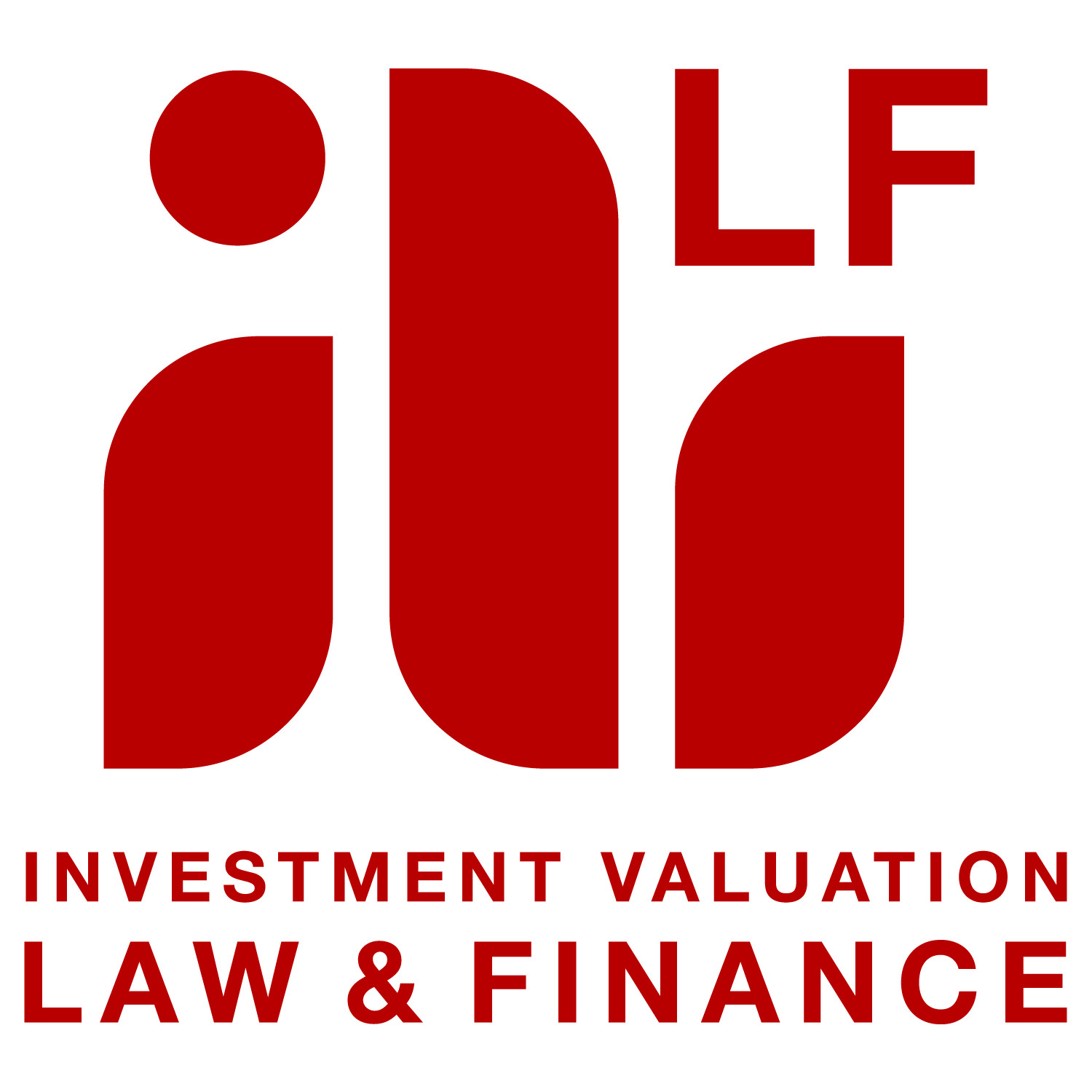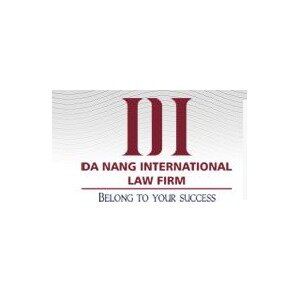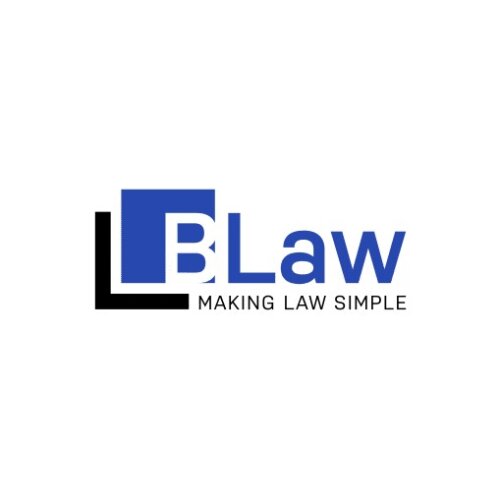Best Banking & Finance Lawyers in Vietnam
Share your needs with us, get contacted by law firms.
Free. Takes 2 min.
Or refine your search by selecting a city:
List of the best lawyers in Vietnam
Vietnam Banking & Finance Legal Articles
Browse our 2 legal articles about Banking & Finance in Vietnam written by expert lawyers.
- Vietnam Credit Law: Lending Limits & Ownership Caps
- Vietnam's 2024 Law on Credit Institutions tightens credit concentration rules, pushing single-borrower limits below the old 15% of a bank's own capital and requiring more granular caps for groups of related borrowers. Any person or entity owning from 1% of a Vietnamese bank's charter capital must now disclose identity, beneficial... Read more →
- Vietnam Corporate Tax Guide: New 15% and 17% Rates for SMEs
- Vietnam's banking and finance sector is tightly regulated by the State Bank of Vietnam (SBV), with strict rules on foreign exchange, foreign loans, and security over assets. Foreign investors must use designated capital accounts, register medium and long term foreign loans with SBV, and comply with currency control rules to... Read more →
About Banking & Finance Law in Vietnam
Banking and finance law in Vietnam has been evolving rapidly, paralleling the country's economic development and integration into the global market. The legal framework governing banking and financial services includes regulations on banks, credit institutions, lending, payment systems, and securities. The State Bank of Vietnam (SBV) plays a crucial role in regulating and overseeing these activities, aiming to maintain stability, ensure legality, and promote economic growth. Vietnam's banking sector has transformed from a state-controlled system to a more market-oriented one, inviting foreign investments and innovations in financial technology.
Why You May Need a Lawyer
Legal assistance in banking and finance is often necessary for a variety of reasons. Individuals and companies may seek advice when entering into loan agreements, dealing with non-performing loans, or addressing compliance issues related to anti-money laundering and financial regulation. Businesses may also need legal help when navigating mergers and acquisitions in the financial sector, or when handling complex financial instruments. Furthermore, investors require legal counsel to understand the rights and obligations within Vietnam's legal framework, particularly when dealing with foreign exchange laws and cross-border transactions.
Local Laws Overview
Key aspects of local laws relevant to banking and finance in Vietnam include:
- Banking Regulations: Governed primarily by the Law on Credit Institutions, these rules cover the establishment and operation of banks and credit institutions.
- Securities Law: This dictates the activities in capital markets, protecting investors and enhancing market transparency.
- Foreign Exchange Law: It regulates foreign exchange operations, cross-border transaction limits, and foreign investment inflows and outflows.
- Anti-Money Laundering (AML): Vietnam has implemented stringent AML regulations to combat financial crimes, requiring constant vigilance and compliance from financial institutions.
- Consumer Protection: Laws that safeguard the interests of consumers in financial services are also critical, covering aspects like fairness and transparency of financial products.
Frequently Asked Questions
What is the role of the State Bank of Vietnam (SBV)?
The SBV is the central bank of Vietnam, responsible for monetary policy, supervising banks and financial institutions, and regulating the banking system to ensure economic stability.
Can foreign banks operate in Vietnam?
Yes, foreign banks can operate in Vietnam under joint ventures, branches, or representative offices, subject to the regulations prescribed by Vietnamese law.
How can one resolve a banking dispute in Vietnam?
Banking disputes can be resolved through negotiation, mediation, arbitration, or litigation, depending on the complexity of the case and the preferences of the parties involved.
What is required to set up a bank in Vietnam?
Setting up a bank requires obtaining licenses and approvals from the SBV, fulfilling legal capital requirements, and ensuring compliance with regulatory standards.
Are there restrictions on foreign investors in the financial sector?
Yes, there are restrictions, including foreign ownership limits and conditions for certain types of financial institutions and products.
How does Vietnam regulate digital banking and fintech?
Digital banking and fintech are regulated under the framework for electronic transactions and banking regulations, with guidelines and sandbox initiatives being developed for new financial technologies.
What is the legal framework for securities trading in Vietnam?
The Law on Securities governs securities trading, ensuring market integrity, investor protection, and facilitating the development of the stock market in Vietnam.
How is consumer protection enforced in the banking sector?
Consumer protection is enforced through laws ensuring fair practices, transparency in banking terms, and mechanisms to address consumer grievances.
What steps are taken to prevent money laundering in Vietnam?
This includes stringent KYC (Know Your Customer) procedures, mandatory reporting of suspicious transactions, and compliance with international anti-money laundering standards.
What should be considered before taking a loan in Vietnam?
Consider the interest rates, repayment terms, legal requirements, and ensure full understanding of the loan agreement, possibly with legal counsel to avoid potential issues.
Additional Resources
For further information, consider reaching out to the following resources:
- State Bank of Vietnam: Provides regulations, guidelines, and reports on banking activities.
- Vietnam Securities Commission: The authority overseeing the securities market in Vietnam.
- Vietnam Banking Association: Offers insights and updates on the banking industry.
- Legal Firms Specializing in Banking & Finance: These firms can provide specific legal advice tailored to your needs.
- Industry Reports and Journals: Keep updated with the latest developments through reputable publications.
Next Steps
If you require legal assistance in the field of banking and finance in Vietnam, consider the following steps:
- Identify Your Needs: Understand the specific legal issues or questions you have.
- Research Qualified Lawyers: Look for legal professionals or firms with expertise in banking and finance law in Vietnam.
- Consultation: Arrange a consultation to discuss your situation and get preliminary advice.
- Evaluate Support: Assess the legal support offered in terms of expertise, experience, and costs.
- Engage Legal Representation: Once satisfied, formally engage a lawyer or firm to handle your legal matters.
Ensuring you have qualified legal assistance can make navigating the complexities of banking and finance in Vietnam more manageable and less risky.
Lawzana helps you find the best lawyers and law firms in Vietnam through a curated and pre-screened list of qualified legal professionals. Our platform offers rankings and detailed profiles of attorneys and law firms, allowing you to compare based on practice areas, including Banking & Finance, experience, and client feedback.
Each profile includes a description of the firm's areas of practice, client reviews, team members and partners, year of establishment, spoken languages, office locations, contact information, social media presence, and any published articles or resources. Most firms on our platform speak English and are experienced in both local and international legal matters.
Get a quote from top-rated law firms in Vietnam — quickly, securely, and without unnecessary hassle.
Disclaimer:
The information provided on this page is for general informational purposes only and does not constitute legal advice. While we strive to ensure the accuracy and relevance of the content, legal information may change over time, and interpretations of the law can vary. You should always consult with a qualified legal professional for advice specific to your situation.
We disclaim all liability for actions taken or not taken based on the content of this page. If you believe any information is incorrect or outdated, please contact us, and we will review and update it where appropriate.
Browse banking & finance law firms by service in Vietnam
Vietnam Attorneys in related practice areas.
Browse banking & finance law firms by city in Vietnam
Refine your search by selecting a city.

















